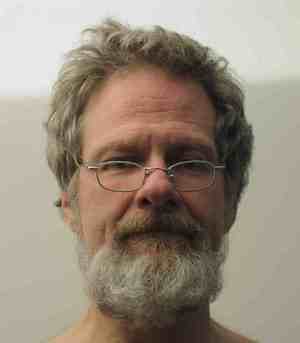Roosevelt and Eisenhower by public domain
This second piece of a six-part puzzle examining
the World Trade Organization finishes laying the groundwork for considering the
organizational form of the WTO itself.
The prior section deals with the political-economic and
imperial-military background of the League of Nations, evolving from the
carnage of the First World War, and the failure of its development to stave off
the coming of World War Two.
What follows is an explication, first, of how, both the during the wide-ranging conflict and even before the U.S.A. entered the fray, monetary and political leaders were establishing the basis for a more far-reaching and capacious set of mechanisms for controlling trade, investment, and the hurly-burly of the commodity brawls that have ever defined capital's imprimatur. Second, today's narrative also related for readers how these new organizational schemes became operational in the period following the war. Third, this article draws some thematic portraits that ought to provide a sense of guidance and framing for the remainder of this series.
A signature idea that this series--and the work of this humble correspondent generally--promotes is that certain management machinations, often initially hidden but always ultimately identifiable, are those that demonstrate how history has unfolded. More particularly, this idea contains three components.
First, in order to make sense of any decision, any outcome, any set of relationships or conflicts or possibilities that appear, those elements of a dynamic that concern imperial priorities and fiscal viability must remain in view, must form a part of the explanatory fabric Second, whatever exists of 'human interest,' whatever seems to follow any other paradigm for understanding, will fail to account for events, except inasmuch as it includes these aspects of empire and lucre. Finally, in ways that may be either directly obfuscatory--'top-secret' classifications, for example--or more subtly manipulative--as in intelligence operatives who infiltrate cultural organizations--powerful ruling forces seek to keep these sorts of insights out of sight.
Readers would do well to reflect on these notions as they read, criticize, expand, or discuss this series. Quite likely, whatever does not add up in the world--whatever anomalies just "don't make no sense" as THC's brother liked to say--emanate from the kinds of dynamics that show up here as a fundamental warp and woof of the political rubric that includes such key players as the World Trade Organization and its ilk.
IMF & GATT: MAKING IMPERIAL WORLD BANK POLICY WITH CAPITAL'S ALPHABET SOUP
*True Enough, 'Blood Is Thicker Than Water;' However, Loyalty Adheres More Easily to Cash & Prizes
Catch 22 is a clever Keynsian, radical, Marxist, deconstructive characterization of WWII. Whether one likes confronting the conclusions that Heller makes so palpable, their tangible plausibility--Milo Minderbinder's insistence that making the world safe for money agreements was the only possible good result of the carnage--in light of the ongoing interlinks among finance and industry even as national combatants slaughtered each other, is simply irresistible.
More sinister summations of such perspectives are widely available. They are also indisputably accurate. Richard Higham has an impeccable pedigree with which to prognosticate on such matters, inasmuch as his papa was both one of the richest Englishmen in history and a practitioner of the darkest and shiniest arts of propaganda as the principal in one the world's largest advertising and public-relations conglomerates.
Next Page 1 | 2 | 3 | 4 | 5 | 6 | 7 | 8 | 9 | 10 | 11
(Note: You can view every article as one long page if you sign up as an Advocate Member, or higher).





